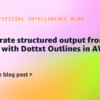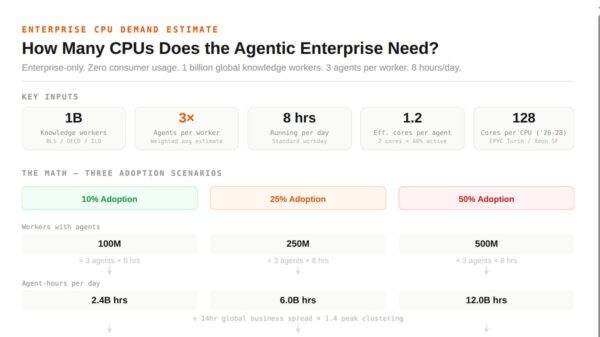Benchmarks play a critical role in assessing the capabilities of Large Language Models (LLMs), yet their development and maintenance can be costly and resource-intensive. A recent study introduces a novel approach using Agentic AI principles, wherein LLMs themselves generate and evaluate practical examinations tailored to specific occupational tasks across sectors like Finance, Business Operations, Management, and various fields within Computer Science and Mathematics.
Exam Development Using LLMs
The research differentiates between the materials necessary for assessments, such as text, data, and images, and the tools required to solve these tasks, including function calling and web searches. By concentrating solely on text-based tasks that do not require additional tool usage, the study found that a mere 7% of the occupations examined yielded testable tasks, totaling 149 tasks across the analyzed fields.
To evaluate these synthetic examinations, the researchers deployed a variety of models, including notable variants like GPT, Claude, and Gemini. The findings revealed that even for basic tasks, current LLMs face considerable challenges. Leading models achieved median scores ranging from 65% to 79%, indicating significant room for improvement, particularly in areas such as data manipulation and financial calculations.
Rapid Model Improvement
Encouragingly, the research noted a rapid enhancement in model performance over time. Models introduced in 2024 averaged scores of 40.5%, while those released in 2025 showed a remarkable increase to 66%, marking a substantial rise of 26 percentage points in just one year. This trend suggests that while there is still considerable work to be done in validating these benchmarks and expanding their applicability to tool-based tasks, LLM-generated assessments could offer a more cost-effective, scalable, and continuously updateable method for measuring AI capabilities in workplace settings.
The study’s results advocate for the extension of the “LLM-as-a-judge” paradigm to occupational task assessments, signifying a shift in how LLMs can be utilized to enhance understanding of their strengths and weaknesses in practical scenarios.
As AI continues to evolve, the implications of these findings could be profound, potentially reshaping how we evaluate AI competency in various sectors, from finance to management. The approach not only addresses the challenges associated with traditional benchmarking methods but also sets a precedent for future research in the field.
For a detailed examination of the methodology and findings, the full working paper is available for download.
See also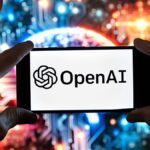 Global AI Regulation Battle Intensifies: EU, US, and China Clash Over Frameworks
Global AI Regulation Battle Intensifies: EU, US, and China Clash Over Frameworks Homer City Energy Campus to Boost Natural Gas Demand Amid Data Center Revolution
Homer City Energy Campus to Boost Natural Gas Demand Amid Data Center Revolution Intel Partners with Monse for AI-Enhanced Runway Show at New York Experience Store
Intel Partners with Monse for AI-Enhanced Runway Show at New York Experience Store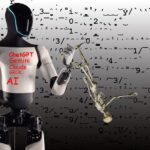 Cal State LA Faces Backlash for $17M OpenAI Deal Amidst AI Concerns for Students
Cal State LA Faces Backlash for $17M OpenAI Deal Amidst AI Concerns for Students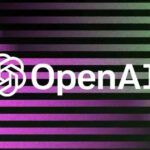 OpenAI Launches Global ChatGPT Group Chats, Enabling Collaboration for Up to 20 Users
OpenAI Launches Global ChatGPT Group Chats, Enabling Collaboration for Up to 20 Users






















































